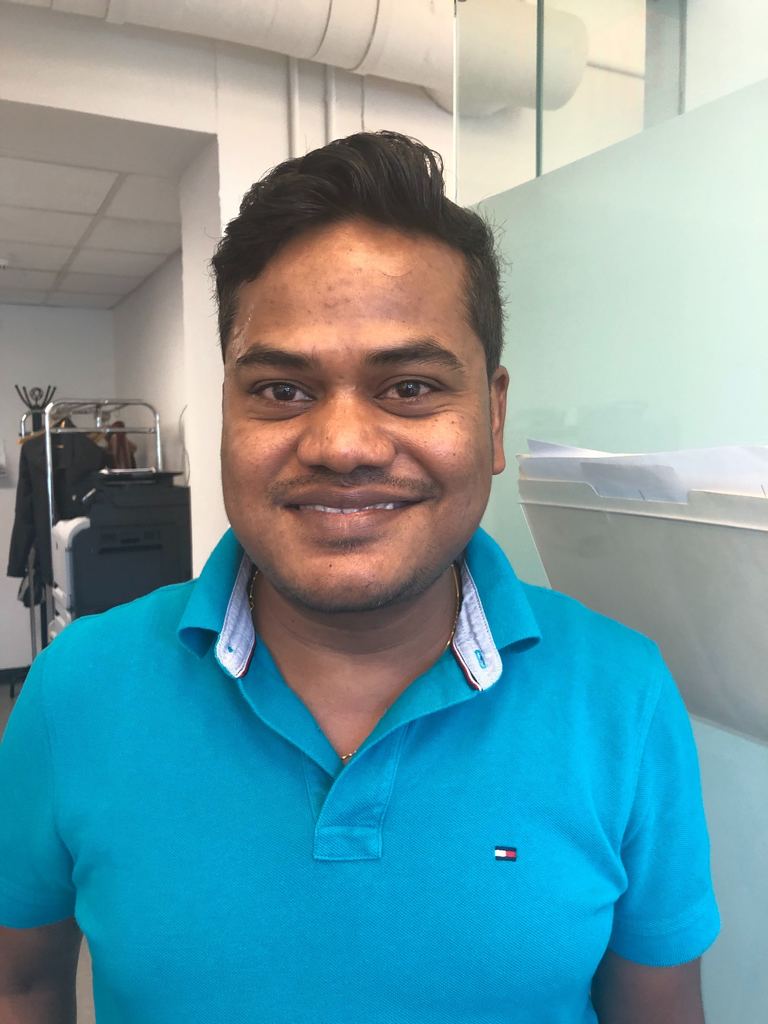In research science planning an experiment is not unlike chess, it requires a lot of carful advanced planning along with the ability to improvise when something develops differently from what you were expecting. At least that how molecular biologist Pramod Kumar at University of Illinois views its. Pramod was actually a chess champion when he was an undergrad back in India, and the similarities of patience and preparation needed for each is not lost on him.
Now, Pramod is a post-doctoral researcher in Professor Claudio Grosman’s lab at University of Illinois at Urbana Champaign (UIUC). There his studies are focused on ion-channel structure. As early as high school Pramod has been interested in membrane proteins and intrigued by their selective permeabilities to solutes, their exquisite ligand-binding affinities, and their ability to sense the voltage across the membrane. His overall goal is to finally be able to fill the gap between structure and function in ligand-gated ion channels. Although the Grosman Lab has significant expertise in electrophysiology – this technique could only go so far to solving the structure of the and function of the membrane proteins.
As an embedded scientist at NCCAT Pramod was taught all the techniques and instruments for cryoEM date collect and reconstruction. He came in knowing next to nothing and was afraid that becoming and independent user in one month was a bit of a lofty endeavor, but nevertheless he persisted. The training plan developed was surprisingly efficient and just 25 days after his arrival – and resulted in a sub-3Å map (model?).
In 2017 Jacques Dubochet, Joachim Frank, and Richard Henderson were awarded the Nobel Prize in chemistry “for developing cryo-electron microscopy for the high-resolution structure determination of biomolecules in solution.” The technique facilitates unparalleled views of important biomolecules it has proven more and more to be an indispensable tool in answering many types of biological questions. Pramod acknowledged that learning CryoEM has been game changer for him.
The TP1 program at NCCAT is designed to train a scientist to become an independent cryoEM researcher with access and trainings over an intensive immersion program that would take about 3 months. As an early access embed Pramod had to learn the ropes in just 1/3 of that time.
If you are interested in applying for a TP1 please visit the NCCAT website for instructions!

